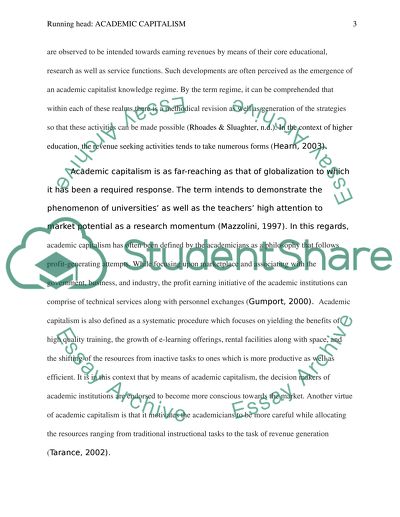Cite this document
(“Academic Capitalism Research Paper Example | Topics and Well Written Essays - 3000 words”, n.d.)
Retrieved de https://studentshare.org/education/1396373-the-academic-capitalism
Retrieved de https://studentshare.org/education/1396373-the-academic-capitalism
(Academic Capitalism Research Paper Example | Topics and Well Written Essays - 3000 Words)
https://studentshare.org/education/1396373-the-academic-capitalism.
https://studentshare.org/education/1396373-the-academic-capitalism.
“Academic Capitalism Research Paper Example | Topics and Well Written Essays - 3000 Words”, n.d. https://studentshare.org/education/1396373-the-academic-capitalism.


